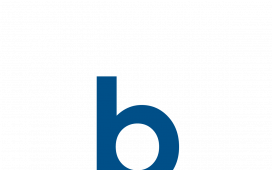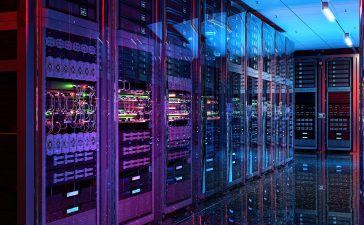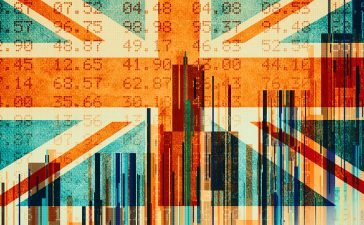The U.S. Copyright Office published new guidance on the registration of works containing artificial intelligence (“AI”)-generated material and announced public roundtables on the intersection of AI and copyright.
Generative AI has been at the forefront of public discourse in recent months, as the promises and perils of AI have stoked excitement, fear, and perhaps above all, uncertainty. For years, the U.S. Patent and Trademark Office and U.S. Copyright Office have been grappling with the transformative impact of AI on intellectual property rights. As individuals and businesses across industries increasingly rely on AI to generate content, there are significant questions for the Copyright Office, users, and creators of AI technologies, and any party seeking to protect and enforce original works while avoiding infringement of others’ rights.
The Copyright Office recently kicked off a new AI initiative, issuing important guidance on its practices for examining and registering works that contain AI-generated material. Reiterating its position that only humans can be “authors” under the U.S. Constitution and the Copyright Act, the Copyright Office explained that where “an AI technology receives solely a prompt from a human and produces complex written, visual, or musical works in response” to such a prompt, the resultant work is not eligible for copyright protection under U.S. law. However, a work may be eligible for copyright protection where a human authored expressive elements such as by modifying, selecting, or arranging AI-generated material.
The guidance also clarifies that applicants have a duty to disclose that a work submitted for registration contains AI-generated material and must disclaim such material that is “more than de minimis.” Applicants must update pending applications and correct the public record where a registration has already been issued without such disclosure and disclaimer. Applicants who fail to comply may lose the benefits of registration. Authors, artists, and other creators using AI tools to develop works must be aware of the Copyright Office’s requirements for registration and should stay tuned for further developments related to AI and copyright.
Moreover, interested parties should be aware that the Copyright Office has also announced four public roundtables to occur during April and May to discuss AI in the context of literary works, visual works, audiovisual works, and music and sound recordings. The Copyright Office also intends to issue notice of inquiry to solicit public comments on a wide range of copyright issues arising from the use of AI. These and other updates can be found on its website.









